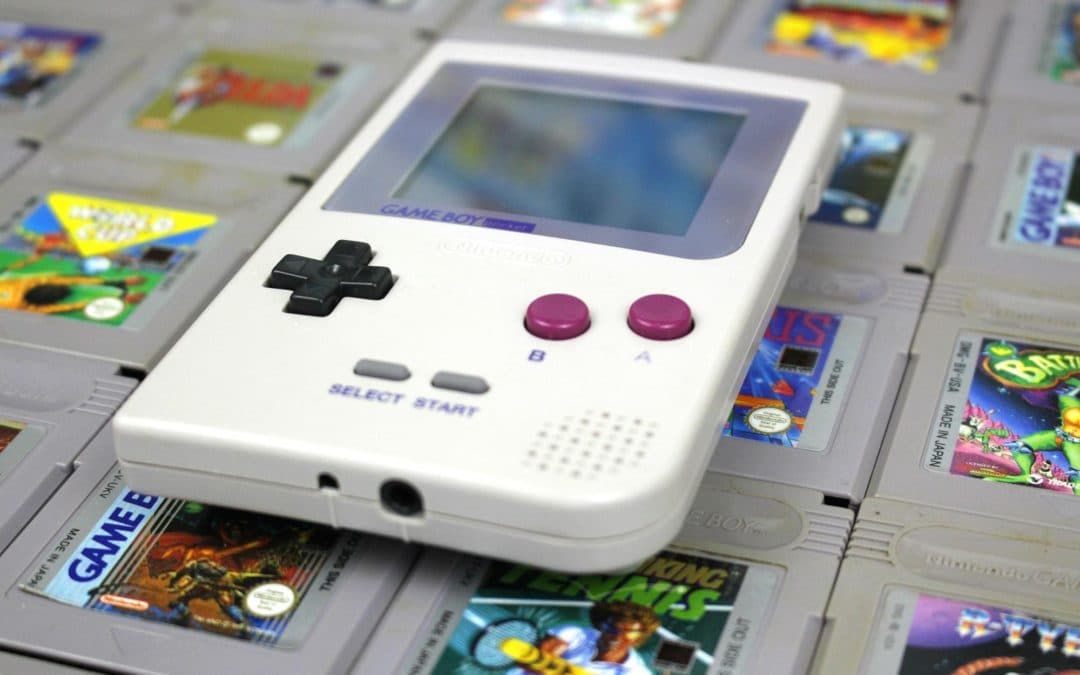Gamification in e-Learning is a popular topic right now, but why does it matter? The simple reason is this – our attention spans are becoming shorter.
According to a Microsoft report, our 12-second attention span in 2000 was depleted to just eight seconds by 2018.
Gamification is designed to hold a learner’s attention and get them to stay on task, retain more information and encourage them to come back for another session.
Gamification in Learning
It’s no wonder gamification has taken off in recent years. It can be used for all kinds of learning from induction, onboarding, compliance training to improving awareness and skills.
Making learning fun for both children and adults is one of the main benefits of incorporating gamification into an e-Learning program. It provides an informal environment with instant feedback for learners. By using repetition and rewards, gamification in e-Learning can not only teach but also change behaviour.
RELATED: 5 Multimedia Learning Trends to Boost Employee Engagement
Successful Examples
Let’s take a look at three examples of successful e-Learning programs that used gamification:
#1 RecycleBank
When New York City needed to reduce its reliance on landfill, it used a game, RecycleBank, to educate its citizens on recycling and environmentally-friendly habits.
The Concept
The game is built around a 3 step process of Recycle, Record and Reward. Users earn points and codes for answering quiz questions, recycling and saving energy. These points can be converted into goods purchased from major discount stores. The cost is funded by the council through savings from the reduced landfill.
Outcomes
There are now 3 million members on RecycleBank, and the City has seen a substantial increase in recycling rates through changed behaviour. RecycleBank has won awards for innovation, sustainability and business.
#2 SuperBetter
Game designer and author Jane McGonigal suffered a concussion injury. To help recover from her bed-ridden and depressed state McGonigal designed SuperBetter in 2009.
The Concept
The SuperBetter app makes users feel healthier, happier and better able to achieve their goals. Anyone over the age of 13 years can create a free account to set a goal and quests to help them get there. Users earn points in character areas of mental, emotional, social and physical resilience. They can either set their own adventure or choose a power pack that is a set of quests, activities and bad guys that stand in the way of the goal.
If you have a spare 20 minutes, it’s worth watching this popular Talk, where Jane tells her amazing story.
Outcomes
Just 10 minutes playing per day can increase a user’s resilience and ability to achieve their goals with SuperBetter.
A university study found respondents who played SuperBetter for 40 days increased their resilience, optimism, belief in themselves to achieve their goals. A clinical trial backed up the University’s findings confirming the game can improve mood, decrease anxiety and suffering.
Life coaches, university professors and HR professionals regularly promote SuperBetter to students and colleagues.
RELATED: The Secret to Engaging e-Learning Content
#3 Khan Academy
The not for profit Khan Academy started out in 2006 as a set of online lessons and short YouTube videos.
The Concept
Sal Khan developed a collection of self-paced lessons and videos on mathematics, chemistry and physics and made them free for school children and adults to use anywhere in the world. To make the Khan Academy lessons more engaging, gamification was added so that lessons built on from one another.
The games rewards learners for solving problems quickly and for stretches of correct answers. If the learner becomes stuck on a lesson, they can sacrifice their correct answer stretch for a hint or watch a 10-minute video for no penalty. Infographics are presented at the time of login to show the user their progress and rewards.
Outcomes
More than 100 million students use Khan Academy every year. A study showed that if students completed 60% of the maths problems for their school grade they gained 1.8 times growth on a popular assessment test. Gamification keeps students coming back.
Khan Academy received support from Google, Bill Gates and a range of foundations around the world.
Gamification – Your Turn
Whether you are looking to make a significant mark in the world like these three organisations or you are looking for an e-Learning program to use in-house, Epigroup can help. We’ve delivered games, quizzes and choose your own adventure projects that have exceeded clients’ expectations in a number of industries.
If you would like to hear some ideas for your next project, drop us a line.


